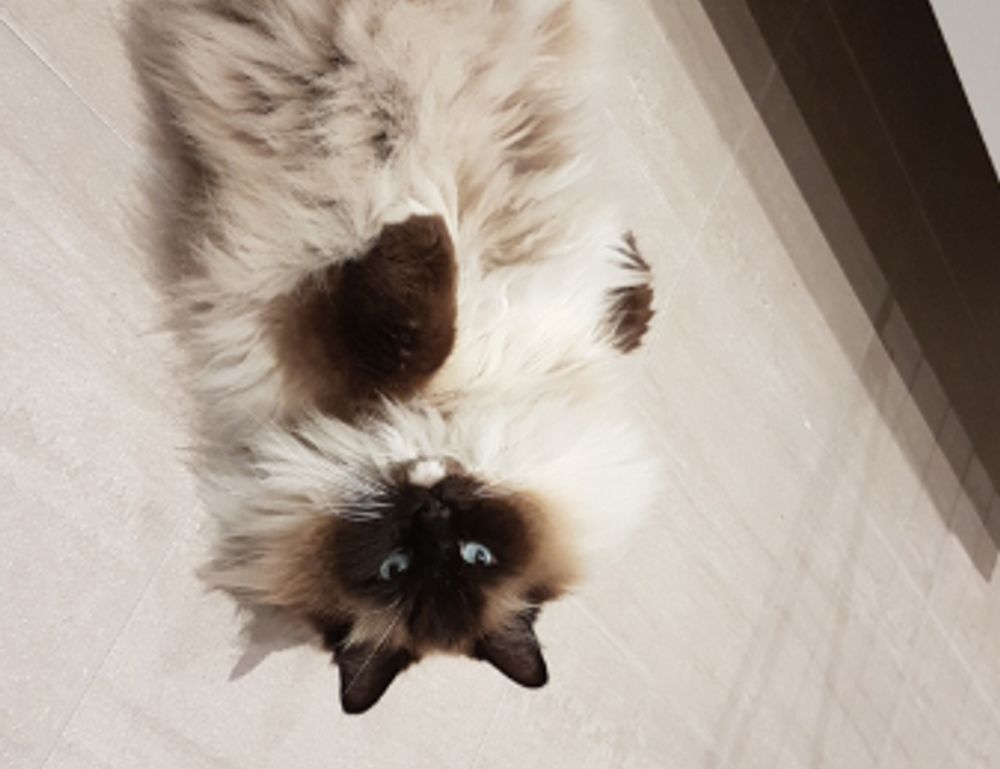Understanding Why You’re Hooked
Overdertoza, like many modern games, is engineered to be addictive. It’s not just the gameplay—it’s the reward systems, the social competitions, and the endless unlockables. If you’ve spent weeks grinding levels only to log on “for one quick match” and find yourself still playing three hours later, the game is doing its job a little too well.
Addiction doesn’t always mean obsession. Sometimes it’s just a routine that’s gone unchecked. Identifying your specific trigger—boredom, stress, fear of missing out—is the first step toward making a change.
Start With a Hard Audit
It’s time for a selfcheck. Be blunt. How many hours do you really spend on Overdertoza every day? What have you canceled, skipped, or ignored to keep playing? Write it down. No fluff, no guilt trips, just data.
Next, track how you feel before and after each gaming session for a few days. Drained? Energized? Numb? Recognizing how the game affects you emotionally can be a weapon for rewiring habits.
Cutting Back Without Going Cold Turkey
You don’t have to delete the game right away. Most withdrawal plans fail because they’re too aggressive. Instead, draw boundaries.
Set gaming windows: Pick specific times to play—say, 7 to 9 p.m.—and zero excuses afterward. Use alarms and app blockers: Set timers or use software to lock you out after hitting your limit. Replace, don’t remove: Swap game time with an activity that gives similar hits—competitive sports, puzzles, coding, or even reading fiction.
Social Pressure is Real—Use It Right
If you’ve got friends who still live inside Overdertoza, backing out gets tougher. The key is to loop someone in on your plan. Tell one person what you’re doing and why. Even better: find someone trying to cut back too, and create a mini support system.
Don’t make it preachy, just honest. And if you’re into forums or Discords, seek out threads where people share ideas on how to get over from game overdertoza addiction. You’ll be surprised how many are looking for the same solutions.
Replace the Dopamine Loop
Games like Overdertoza give you quick wins, constant action, and lots of virtual validation. That’s a hard loop to compete with. Try this:
Get small wins elsewhere: Learn a new skill (public speaking, cooking), track your learning curve, and celebrate milestones. Gamify your real life: Apps like Habitica let you turn daily chores and habits into gamelike achievements. It’s ridiculous—and effective. Reconnect physically: Walk. Hit the gym. Dance badly. Whatever movement looks like for you, bring it back. Physical activity actually resets dopamine sensitivity, which helps reduce cravings.
Watch the Triggers
Overdertoza probably isn’t just about fun. It’s something you turn to when you’re low, anxious, lonely, stuck. Nail your primary triggers and build alternate habits around those moments.
Stressed after work? Instead of crawling inside the game, try 10 minutes of breath work or light exercise. Bored late at night? Read a graphic novel or listen to a minipodcast—something that occupies your mind.
The more reflexively you replace the behavior, the less power the game holds over you.
Set a Meaningful Goal
Every recovery needs a “why.” It’s not enough to “just play less.” Pick something specific:
Run a 5k. Finish a certification. Write a short story. Master a new piece of music.
Whatever grabs you. Anchor your efforts to something tangible. This goal becomes your compass when temptation kicks in.
Know the Relapse Game
There’s a good chance you’ll mess up. One slip doesn’t mean you’re back to zero—it means you’re still learning. Don’t play the shame game. Just reset your system, review what triggered the lapse, and adjust.
People trying to figure out how to get over from game overdertoza addiction usually fall into the allornothing trap. Don’t. Every conscious session you cut, every minute redirected—that’s momentum.
Level Up in Real Life
Build a life that feels good carbonfree. Here’s how to stay grounded:
Schedule analog time: Coffee with a friend, a phone call with a sibling, a weekend hike. Make your space distractionproof: Uninstall unnecessary games, keep controllers out of reach, or convert your setup to something dualpurpose—use your gaming rig for creative work. Celebrate nondigital wins: Treat yourself when you hit a streak without relapse, stay off Overdertoza for 5 days, or finish a book instead of logging in.
Final Thought
Cutting down or quitting isn’t about rejecting gaming entirely. It’s about being intentional. If you’re asking how to get over from game overdertoza addiction, you’re already doing more than most players ever will. Keep going. Balance isn’t some myth—it’s just decision by decision, day by day. You’re not logging out forever—you’re logging into a life you control.

